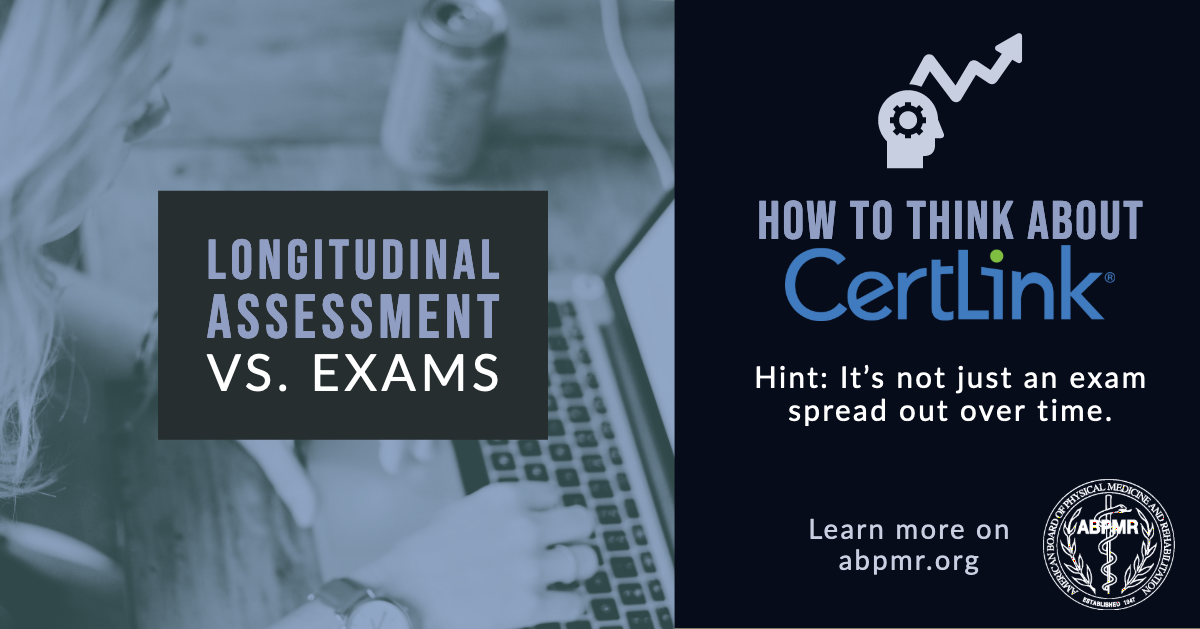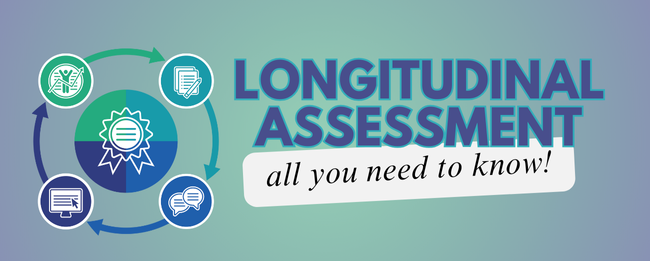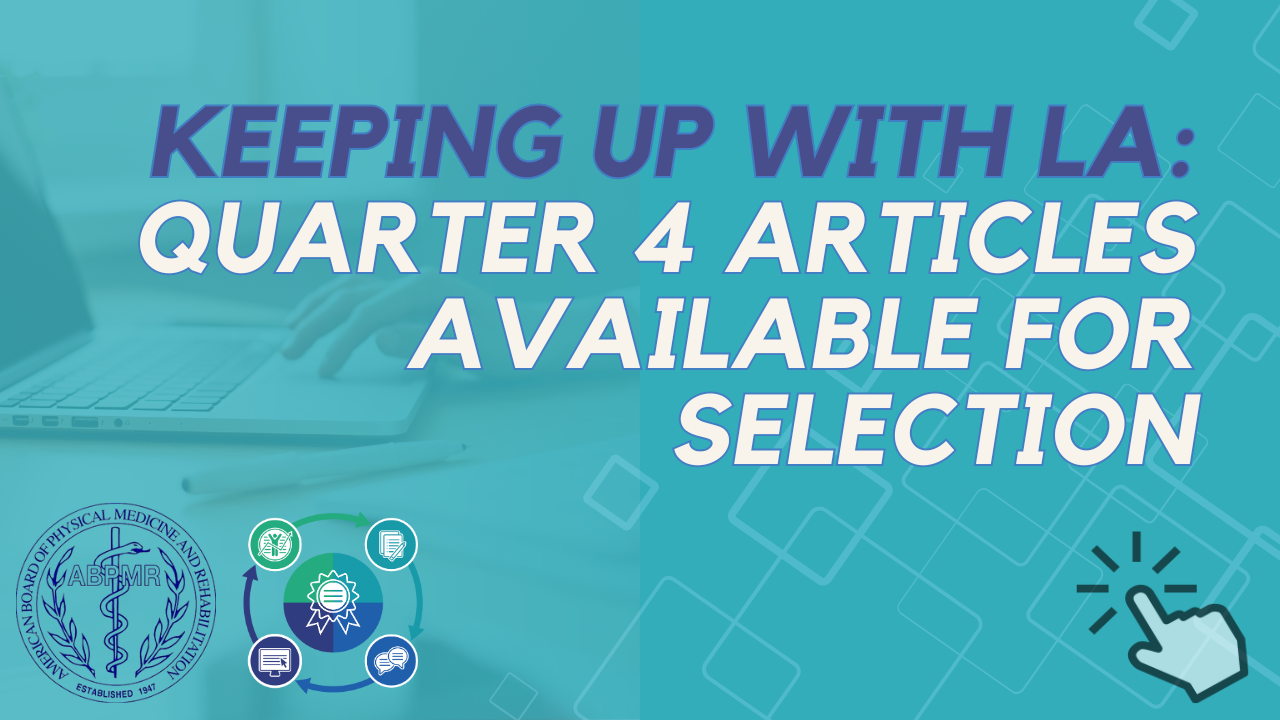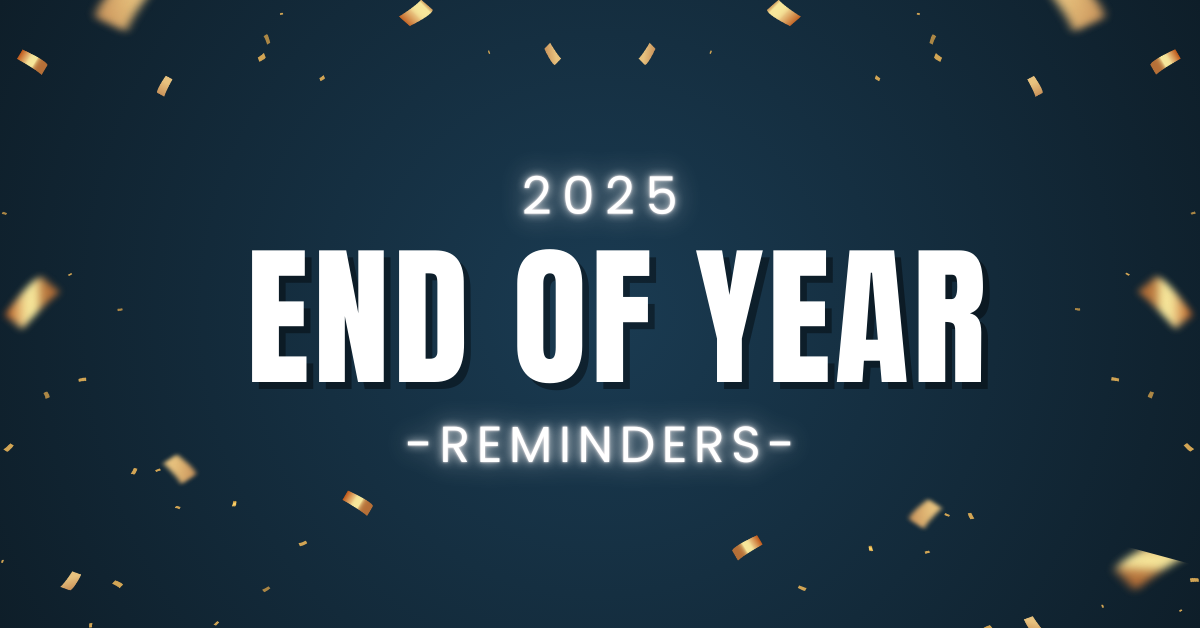LA-PMR
Longitudinal Assessment vs. Exams: How to Think About CertLink

In the weeks since our announcement of plans to replace the MOC Examination with longitudinal assessment starting in 2020, we’ve been able to answer a lot of your questions, like:
Other questions, we’ve noticed, point to a larger issue. Questions like:
- How do I study for CertLink?
- Will you release an outline before each quarter?
- What primary sources are you using for the questions?
- What’s a passing score?
What’s different about these questions? They show that many diplomates are still thinking of longitudinal assessment like they think about high-stakes examinations.
We get it. We’ve administered high-stakes examinations since our inception, so longitudinal assessment represents a paradigm shift for us, too. But to be clear: longitudinal assessment is not the same thing as spreading out a high-stakes exam over time. It’s not only administered differently, it’s also designed differently, it’s scored differently, and we encourage diplomates to approach it differently.
For ABPMR MOC, longitudinal assessment shifts our focus from a snapshot-in-time assessment of knowledge (the current MOC Examination) to a gradual assessment FOR learning.
Put another way, the primary focus of longitudinal assessment is to assess what you can learn over time, not a snap judgment of what you know today. For example, say you do poorly one quarter, scoring 4 correct out of 20. You don’t have to panic, because:
- You have many more quarters of performance to go
- Once you’ve identified your current knowledge gaps, learning tools are located inside the platform to help you shore up that knowledge and perform better over time
- You’ll see clones of some of those questions, allowing you to earn partial credit for the question you missed covering the same key point (evidence of learning is part of scoring)
- Your lowest four quarters are dropped from scoring
In short: Longitudinal assessment harnesses new learning technology to deliver a customized assessment designed to help you keep up.
That’s quite a departure from a high-stakes, secure exam.
Questions? We’re always here to help; contact us.



